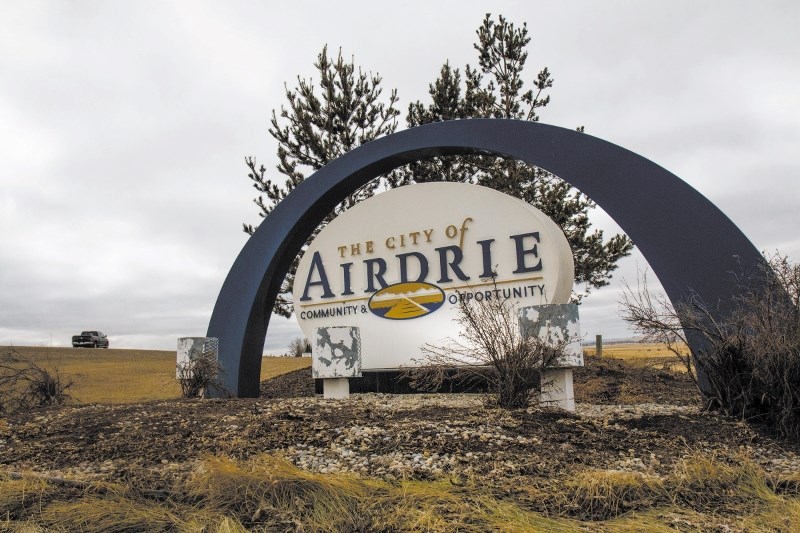Airdrie City council approved and amended the municipality’s Tax Rate Bylaw during a regular meeting on May 16, ushering in an overall tax rate increase for residential and industrial property owners of 4.3 per cent, which will generate $68 million in municipal tax revenue this year.
In accordance with the province’s Municipal Government Act, the City is required to pass a tax rate bylaw annually. The bylaw enables the City to levy a property tax to raise funds for municipal operations, in accordance with the 2022 council-approved operating budget.
The bylaw also aims to meet provincial obligations to collect and remit education tax to help fund the province’s public education system.
“This bylaw is really the last step of the budget process which will allow the municipality to levy the necessary funds to operate,” said Shannon Schindeler, manager of treasury for the City, during the May 16 meeting.
According to Schindeler, only 67 per cent of a property owner’s tax bill goes to the municipality, while 32 per cent goes to support provincial education, and less than one per cent goes toward the Rocky View Foundation to help fund affordable housing options for seniors in Airdrie.
“The amount of [municipal] tax generated each year stays constant and added to that is the additional revenue generated from our growth and any tax rate increase approved annually as part of the budget process,” she said.
Schindeler said that overall property values have increased this year, which means the municipal tax rate has decreased. She added exponential growth means the tax burden is spread over more properties.
Each year, the province calculates the amount each municipality must contribute toward the public education system, and Schindeler said a five per cent increase has been passed on to Airdrie for 2022.
“However, because there’s been significant residential growth, the effect to each property owner will be less than five per cent,” she said, adding most property owners will experience a two-to-six per cent increase in total tax, with the majority seeing a less than four per cent increase.
“Even though the overall combined increase is 9.3 per cent, (4.3 per cent municipal, and five per cent education), year-over-year growth has helped spread this burden over more properties,” she said.
“The effect is significantly less.”
Comparable to other municipalities, a homeowner in Airdrie pays a similar tax bill to a Calgary homeowner, while Red Deer and Medicine Hat residents pay on average $900 a year more than Airdrie homeowners.
St. Albert and Lethbridge pay 75 per cent more than Airdrie residents, and Grande Prairie residents pay more than double.
Similarly, neighbouring municipalities came in higher than Airdrie when calculating taxes paid for non-residential taxpayers.
According to the City, the average Airdrie homeowner will experience a tax increase of $1.24 per month while residential condominium owners will see a tax decrease of $1.44 per month.
Schindeler said tax notices are slated to be mailed to residents on May 27, including a tax brochure detailing the allocation of taxpayer dollars.
Information can also be found on the City of Airdrie’s website where additional information is provided in regard to payment options.



